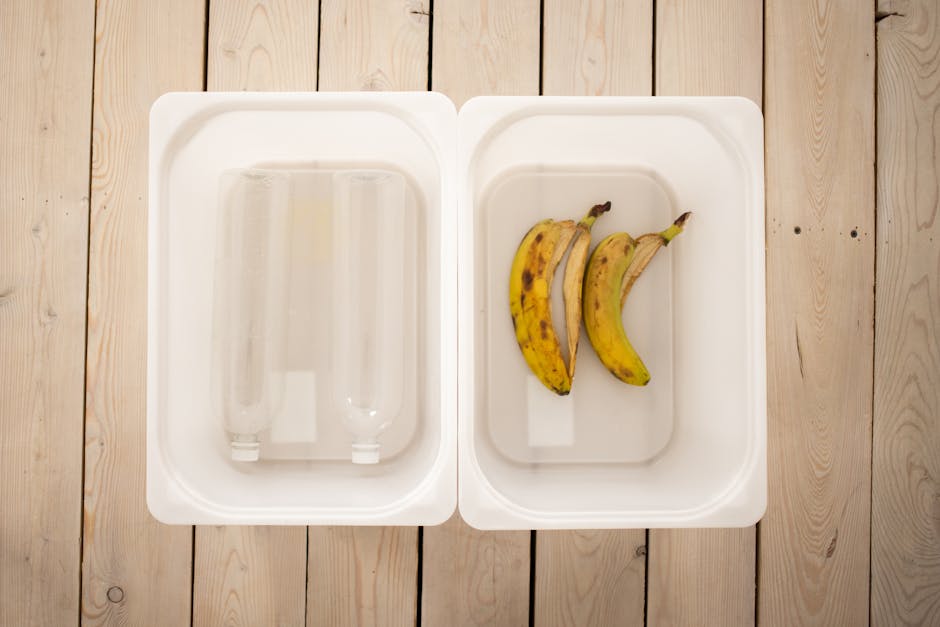Welcome to my travel blog!
As a travel writer, I have been fortunate enough to explore some of the most beautiful and diverse natural habitats around the world. However, with this privilege comes the responsibility to protect and preserve these precious environments. It’s important to be mindful of our impact on natural habitats while traveling, and in this blog post, I want to share some tips on how we can reduce our impact and be more sustainable travelers.
Choose eco-friendly accommodations
One of the first ways we can reduce our impact on natural habitats is by choosing eco-friendly accommodations. Many hotels and resorts now offer sustainable options such as using renewable energy, recycling programs, and using local and organic products. By supporting these eco-friendly accommodations, we are not only reducing our carbon footprint, but also contributing to the preservation of natural habitats.
Be mindful of your water usage
Water is a precious resource, especially in areas where there may be limited access to clean water. When traveling, it’s important to be mindful of our water usage and try to conserve as much as possible. Simple actions like taking shorter showers, turning off the tap while brushing our teeth, and using refillable water bottles instead of buying plastic ones can make a big difference in reducing our impact on natural habitats.
Support local conservation efforts
Many natural habitats are under threat due to human activities, and it’s important for us to support local conservation efforts. When traveling, take the time to learn about the environmental challenges the region may be facing and find ways to support organizations or initiatives that are working towards preserving natural habitats. You can also participate in volunteer programs or donate to conservation projects in the area.
Respect wildlife and their habitats
One of the most exciting parts of traveling is being able to see and interact with different wildlife. However, it’s crucial to remember that we are visitors in their home, and it’s our responsibility to respect their habitats. Avoid disturbing or feeding wild animals, and never remove anything from their natural environment. It’s also important to follow designated trails and stay on marked paths to avoid damaging delicate ecosystems.
Reduce your plastic usage
Plastic pollution is a major threat to natural habitats, with millions of tons of plastic ending up in the ocean each year. As travelers, we can make a significant impact by reducing our plastic usage. Bring a reusable bag for shopping, say no to plastic straws, and opt for eco-friendly toiletries. When visiting beaches or other natural areas, be sure to pick up any trash you see and dispose of it properly.
Choose sustainable transportation
Transportation is a significant contributor to carbon emissions, which can have a negative impact on natural habitats. Whenever possible, choose sustainable transportation options such as walking, biking, or using public transportation. If you do need to rent a car, opt for a fuel-efficient or hybrid vehicle. You can also look into carbon offset programs to offset the emissions from your travels.
Leave only footprints
The phrase “leave only footprints, take only memories” holds true for responsible and sustainable travel. When exploring natural habitats, make sure to leave the area as you found it. Avoid leaving any trash behind, and don’t disturb any plants or animals. Remember that even the smallest actions can have a big impact on the delicate balance of these environments.
Educate yourself and others
Finally, one of the best ways to reduce our impact on natural habitats while traveling is to educate ourselves and others. Learn about the local culture, traditions, and environment before your trip. Share your knowledge and experiences with others and inspire them to travel more responsibly. By being informed and spreading awareness, we can all play a part in preserving our natural habitats for future generations to enjoy.
In conclusion, as travelers, it’s our responsibility to reduce our impact on natural habitats and be more sustainable. By following these tips, we can make a positive impact on the environment and help preserve these beautiful and diverse natural habitats for generations to come. Let’s all do our part to protect our planet while still enjoying all the wonders it has to offer. Happy travels!




